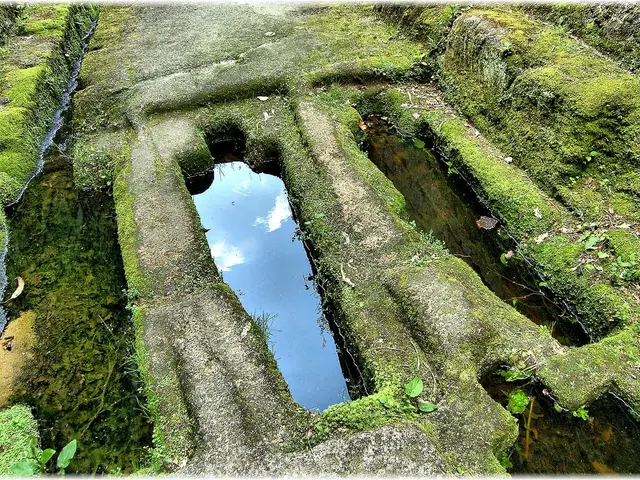What Kind of Credit Card Shapes Your Credit Score?
Building a Strong Credit History with Credit Cards
Using credit cards responsibly is a key strategy for building a strong credit history. Here are some best practices to follow:
1. Timely Payments: Paying your bills on time is crucial. Late payments can significantly harm your credit score, as they account for 35% of your FICO credit score.
2. Low Credit Utilization: Aim to use less than 30% of your available credit limit. This helps positively impact 30% of your credit score. Paying off your balance in full each month is best to avoid interest and maintain low utilization.
3. Limit New Credit Applications: Each new application generates a hard inquiry, which can lower your score temporarily. Frequent applications also reduce the average age of your accounts, lowering your credit history length. Wait 3-6 months between applications and apply only for cards you have a good chance of approval for.
4. Regular Use of Cards: Make small recurring purchases to show card activity and avoid issuer account closures due to inactivity.
5. Keep Old Accounts Open: Length of credit history matters, so it’s best to keep your oldest credit cards open even if unused.
6. Choose the Right Type of Card: For credit building, consider secured cards or unsecured cards designed for credit building. If you plan to carry a balance or finance a large purchase, select cards with low or 0% introductory APR offers.
7. Set Up Autopay: Automate payments to avoid missed due dates and generate consistent, positive payment history without stress.
8. Consider Adding Other Payments to Your Credit Report: Tools like Experian Boost can add eligible rent, utilities, and other payments to your credit file, potentially improving your credit score.
9. Monitor Your Credit Reports Regularly: Check reports from Equifax, Experian, and TransUnion for errors that could hurt your score and dispute inaccuracies promptly.
10. Maintain a Mix of Credit Types (optional): Having both revolving (credit cards) and installment loans (auto, mortgage) can improve your score slightly, but good credit can be built with just credit cards.
For those with bad credit looking to rebuild their scores, subprime credit cards can be a good option. High-income individuals, people with excellent credit history, and those who prefer charge cards over revolving credit should use traditional credit cards. Prepaid cards, which are not technically credit cards, do not impact credit history.
Secured and student credit cards are great options for individuals with no credit history looking to establish credit. Closing a credit card can negatively impact your score, as it reduces credit history length and increases credit utilization ratio.
For individuals with high-interest credit card debt, those who want to save on interest payments, and responsible credit users looking to consolidate balances, balance transfer credit cards can be beneficial. Paying only the minimum on a credit card leads to high-interest charges, increases overall debt, and can negatively impact your credit score over time.
Remember, a good credit utilization ratio is below 30%. Following these practices ensures responsible use of credit cards, helping build a strong, positive credit history over time.
Maintaining a strong credit history can benefit your personal-finance and business endeavors. By following best practices like timely payments, low credit utilization, and regularly using credit cards, you can build a positive credit history. Additionally, smart choices in card types, such as secured or credit-building cards, can help establish credit for those with no history or rebuild it for those with bad credit.




